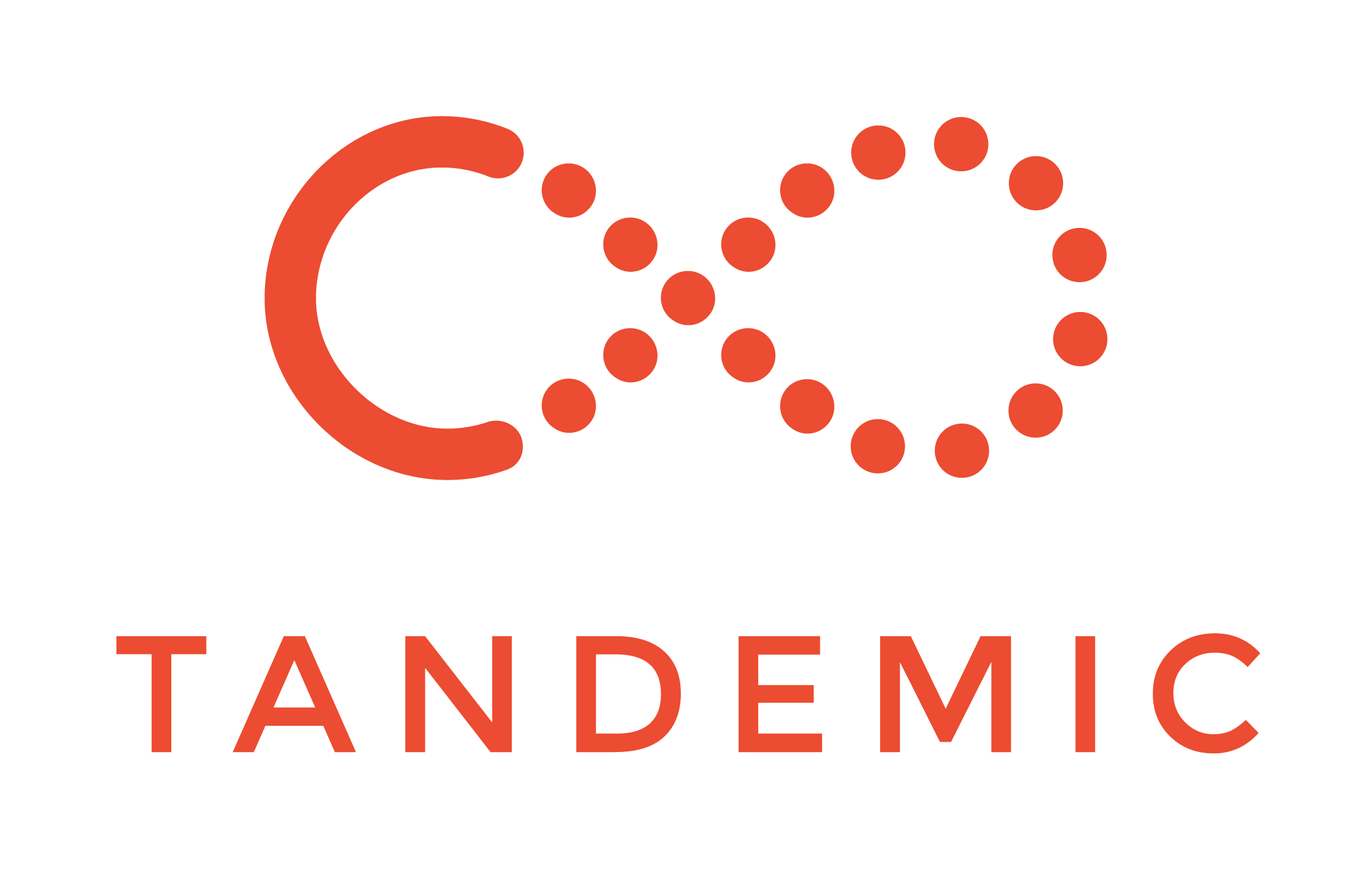Tandemic is a trusted partner. Our work spans finance, health, environment, healthcare, technology, and government sectors. We work with the United Nations, Fortune 500 companies, multilateral development banks, and global nonprofits.
Have one of our colleagues call you for a chat.
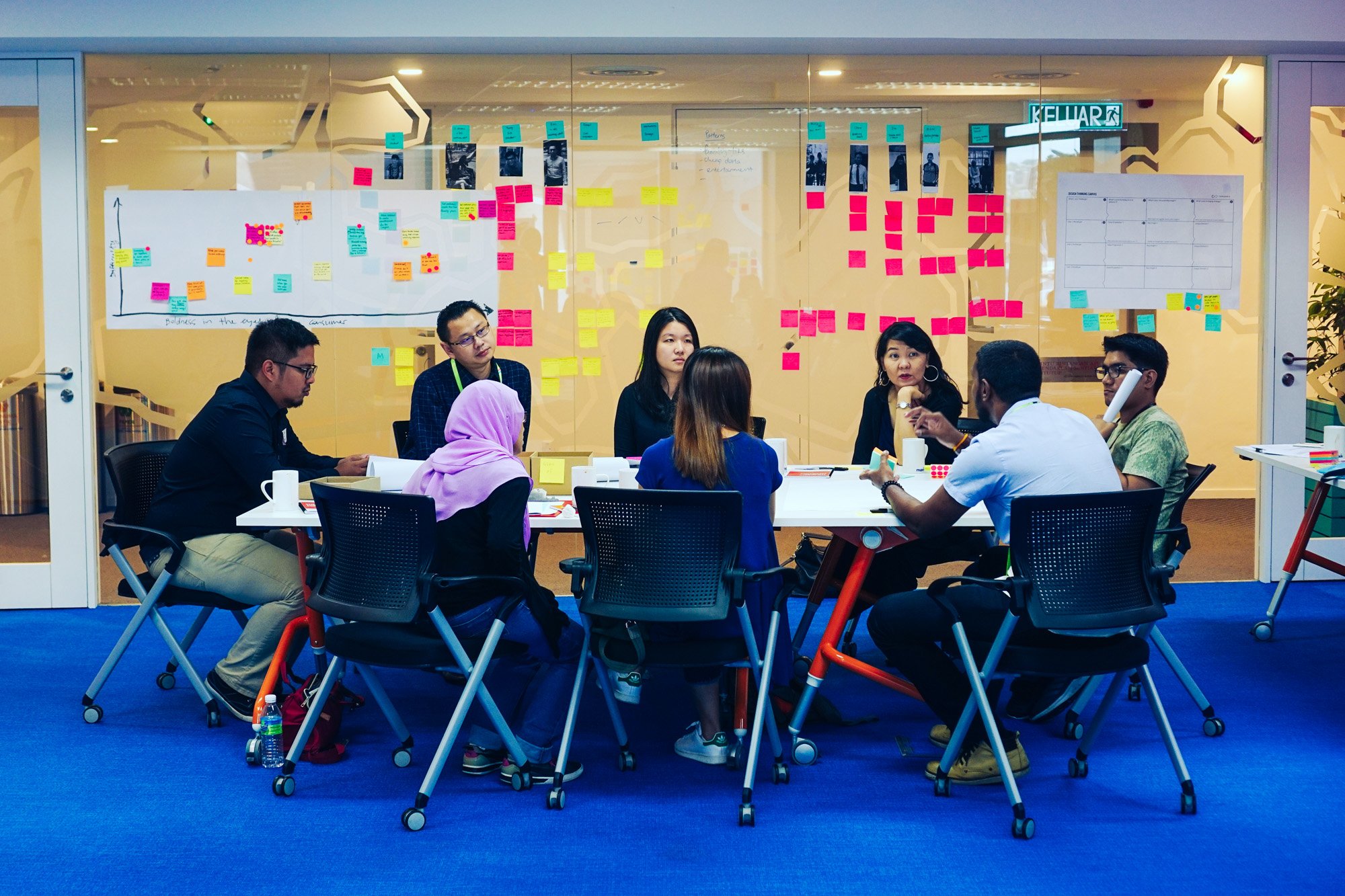
Equipping Malaysia’s largest telco provider for innovation
As Maxis embarked on a large-scale transformation to make the organisation digital, agile, and better able to defend against disruption, they worked with Tandemic to develop design thinking skills across the organisation, identify innovation champions, and carry out innovation projects in key business areas.

Rethinking diabetes prevention for behaviour change
When Novo Nordisk, the world's leading insulin producer, wanted to develop new ways of preventing diabetes, they turned to Tandemic’s innovation lab team to design a new health intervention combining digital tools, community health promoters, and behaviour change approaches.
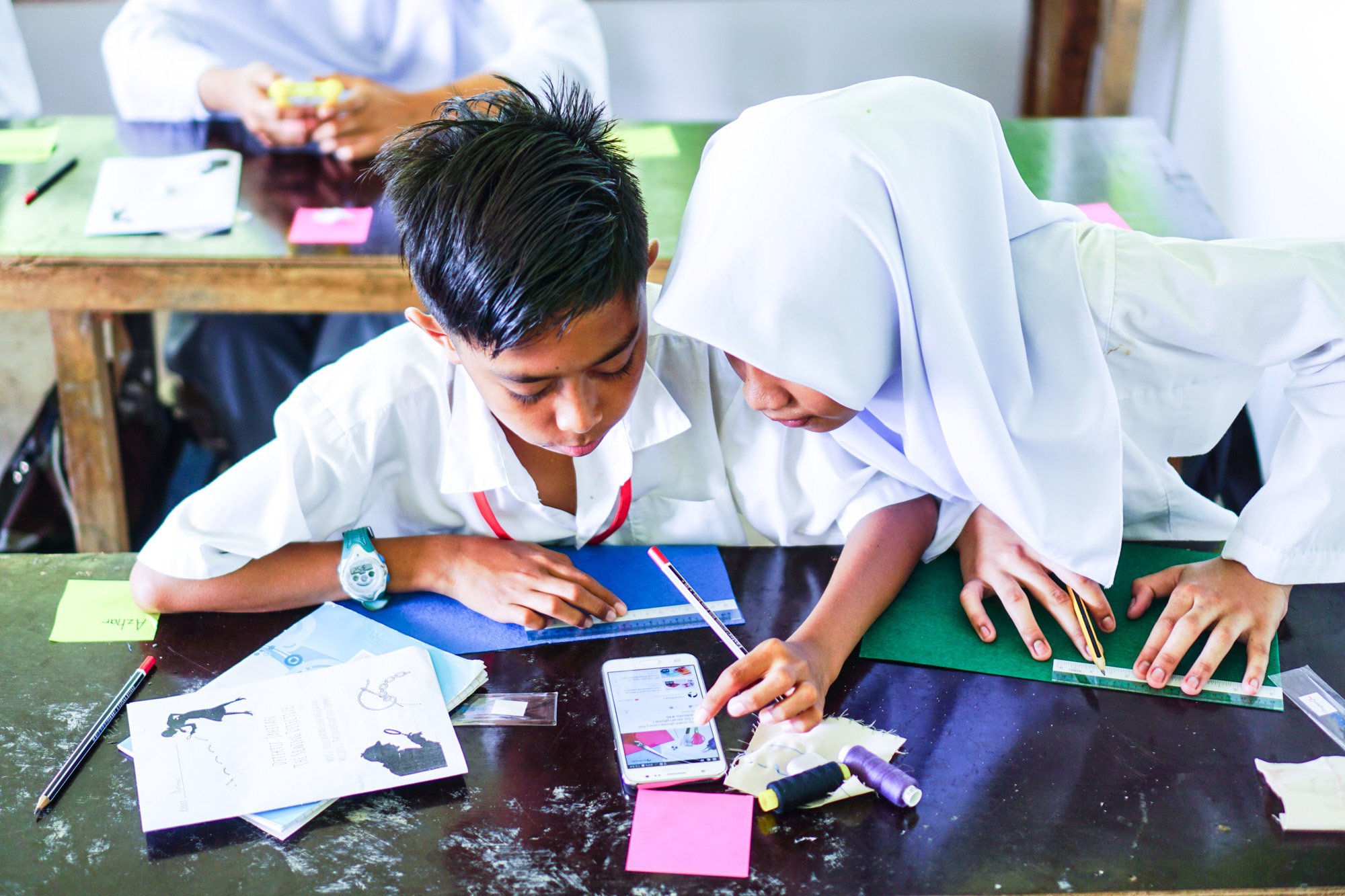
Delivering better education for marginalised children
As UNICEF looked to develop locally appropriate approaches to providing quality education to marginalised youth, they turned to Tandemic to uncover new opportunities, co-design with community stakeholders, design, and validate create a new approach to providing education.
People-centred artificial intelligence
Building a suite of contextual generative intelligence for UN collaboration
As the UN system grapples with increasingly complex global challenges requiring multi-agency coordination, the Joint SDG Fund and UN Development Coordination Office partnered with Tandemic to develop a suite of generative AI tools with specialized and contextual intelligence to support UN country teams in designing joint programmes, mapping transformation scenarios, and developing ways of catalysing more finance for development.
Reimagining universities for a generative AI world
When the Association of Pacific Rim Universities and Microsoft needed to help member institutions adapt to generative AI disruption, they engaged Tandemic to facilitate a collaborative process where academics and students from across the Pacific Rim designed scenarios for new business models, teaching methods, and research approaches that enhance rather than replace human academic work.
Enabling governments to harness AI for social impact
Through a partnership with APRU, Google, and Australian National University, Tandemic helped Thailand and Bangladesh bridge the gap between academic research and practical AI implementation, developing frameworks for maternal health, social safety nets, and healthcare system integration through cross-border knowledge exchange and collaborative design processes.
Strategic foresight & systems change
Future-proofing the Philippines' universal healthcare system
As the Department of Health prepared to invest in universal healthcare through 2040, the World Health Organization worked with Tandemic to develop a transformative agenda using strategic foresight, conducting horizon scanning to identify emerging health trends and building a Futures Thinking Office to ensure the system can adapt to demographic change, climate impact, and technological advancement.
Building strategy and cohesion for a new organizational unit
As the Food and Agriculture Organization assembled its new Office of Innovation from multiple teams to operate as a startup within a traditional multilateral organization, they turned to Tandemic to develop foundational strategy, build team cohesion across diverse innovation professionals, and establish working approaches that drive transformation while aligning with FAO's global mission.
Creating a pathway from local pilots to national scale
When UNICEF Philippines recognized that innovative local pilots too often failed to achieve national impact, they partnered with Tandemic to design and implement a modelling approach that bridges this gap. This systematic methodology helps identify which interventions can scale, develops proof of concept at local levels, and creates clear pathways for replication across thousands of local government units nationwide.
Trusted by






Meet the team
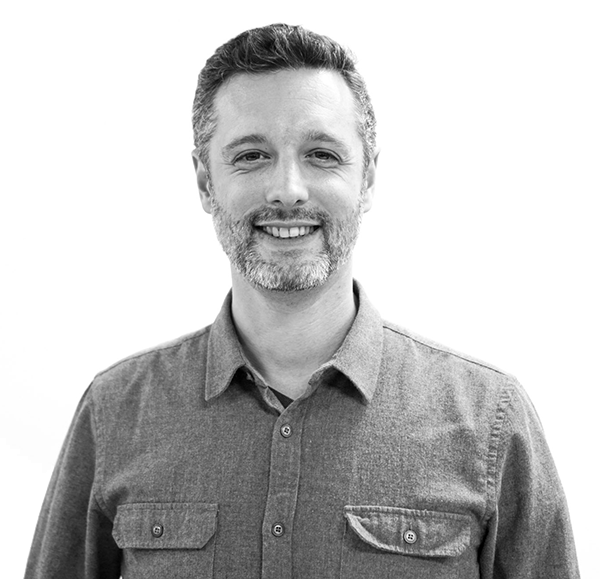


Kal Joffres
CEO, Co-founder
Kal uses design to uncover new ways to address tough challenges. He has over a decade of experience leading innovation projects for multinational companies, governments, and social organisations.
Kal is the author of the Design Thinking Toolkit as well as the Social Business Model Canvas, a tool used in over 80 countries and taught at universities such as Oxford and Georgetown University.
Kal previously taught Design Across Borders at Stanford University's d.school.
Prior to Tandemic, Kal was a technology entrepreneur and led a management consulting firm.
Stephanie Choo
Director
Stephanie uses design to transform organisations. She has worked in the fields of retail, F&B, hospitality, education, and government to design services, processes, products and space.
Her work includes leading the team to develop a new user experience for three national courts, the design of an integrated public transit experience, and the brand experience for several F&B businesses.
Stephanie has taught Design Studios at the UC Berkeley and the National University of Singapore.
She received a Bachelor of Science degree from MIT and a Master of Architecture from UC Berkeley.
Pla Siriviriyakul
Senior Innovation Catalyst
Pla is a Tandemic trainer in design thinking and social innovation. As a business designer specialising in management, entrepreneurship, and innovation, she was responsible for leading the restructuring of Kaset Thai International Sugar Corporation, a global top 20 sugar producer and the largest listed sugar company in Thailand.
Today, Pla focuses on working with nonprofits focused on environmental issues and local communities.
Pla holds a Masters Degree from Stanford Graduate School of Business and was a design leader student at Hasso Plattner Institute of Design (the Stanford d.school) where she led and facilitated the design thinking workshops for students and public.
Looking past the innovation hype
Design Thinking Experience
A 2.5 day, hands-on experiential workshop for senior managers and staff to understand and experience key elements of design thinking, a proven approach used by the world's top innovators.
Innovation Accelerator
A 12-week programme where teams work on real innovation projects inside your organisation. Teams are coached through the practical details of applying the design thinking approach, including ethnographic research, prototyping, building stakeholder buy-in, and building a business case.
Design Sprint
Get months of work done in a week. A one or two-week project where we guide a cross-functional team from your organisation on a specific mission, such as rapidly designing and testing prototypes or discovering new opportunities through a deeper, ethnographic understanding of users.
Manila,
Philippines
Kuala Lumpur,
Malaysia
Singapore
Bangkok,
Thailand
Conceptrial Snd. Bhd. 894028-A (Malaysia)
